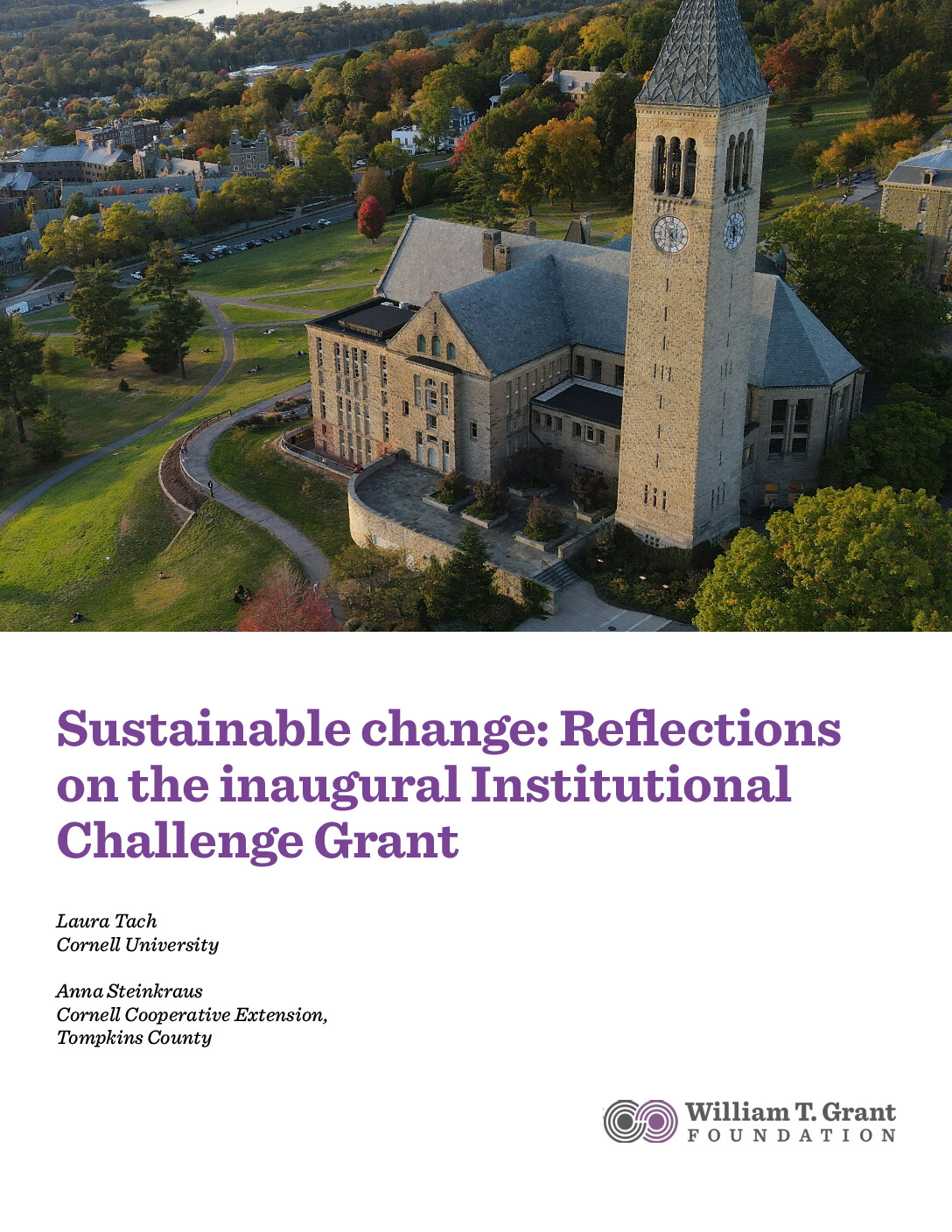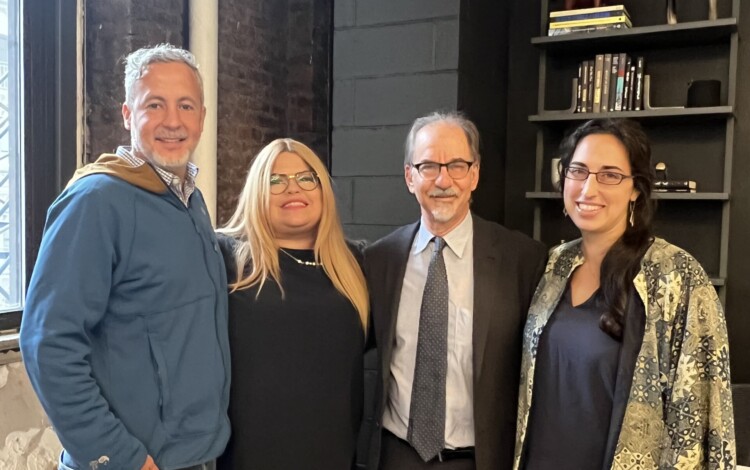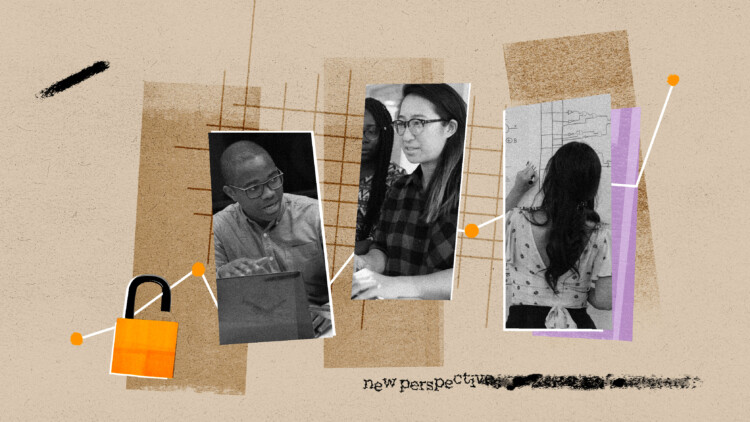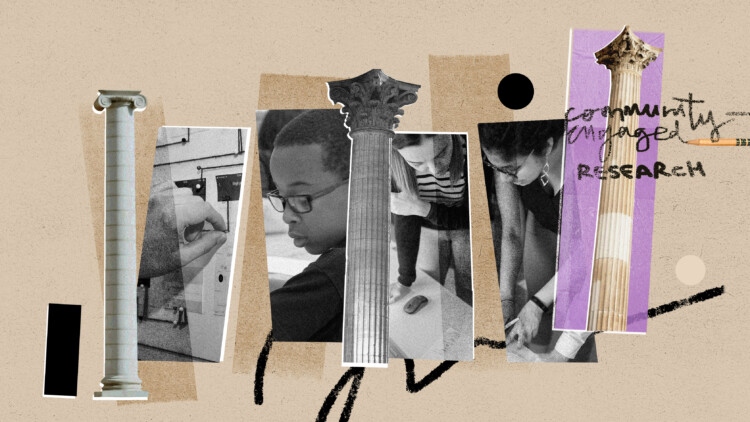February 21, 2024
For our project, Protecting Vulnerable Families and Children in the Crosshairs of the Opioid Epidemic, Cornell University researchers partnered with Cornell Cooperative Extension (CCE) practitioners to document the devastating consequences of the opioid epidemic for families and children in rural communities nationally and in upstate New York. We also evaluated CCE’s promising initiatives to reduce child maltreatment and enhance family relationships among caregivers struggling with addiction.

As our grant comes to a close, we are reflecting on the evolution of our research-practice partnership and our plans for the future. We have launched efforts to broaden our networks of engaged researchers and research-informed practitioners within our respective organizations while also working to institutionalize aspects of our partnership so that engaged research and the use of research evidence are sustained once the grant ends.
Broadening the Tent in our Respective Organizations
In the early years of our grant, we focused intently on developing strong interpersonal relationships based upon mutual respect and trust. We developed open lines of communication to share information about the norms, assumptions, and values of our respective workplaces. We worked to ensure that the work we were doing provided knowledge in formats and timetables that would be valued by our respective organizations. In the later years of our grant, our attention transitioned from an intensive focus on the internal workings of our partnership to a focus on reaching out to include our broader university and practitioner communities in our work—with a particular focus on centering the expertise and experiences of underrepresented and historically marginalized groups.
Inclusive Parenting Education Taskforce
Over the 5 years of this grant, our work has evolved along with the needs of our community. This shift was deemed necessary through a literature review done by CCE’s mid-career fellow, Juliana Garcia, in the 3rd year of the grant. Her research shed light on the fact that most evidence-based parenting programs were written for and by the dominant [in this case, White, European] culture. It became apparent that to best serve families we needed to work towards creating and delivering more inclusive programming. We expanded the inclusive parenting education work happening within Tompkins County, institutionalizing it within the statewide Cornell Cooperative Extension System.
A key vehicle for scaling up our efforts was the Inclusive Parenting Education Taskforce. This taskforce included representatives from CCE associations from multiple counties across the state who took a leadership role in envisioning research-based professional development related to inclusive parenting education. The taskforce meets monthly, bringing in outside researchers and practitioners to inform their work. The taskforce has also taken on a leadership role within the CCE system, leading statewide in-services on inclusive parenting education for all CCE parenting educators. Our team—including PIs and mid-career fellows from both the university and CCE—has played a key role in facilitating outside researchers and practitioners to share their expertise with this community of practice, providing a framework for creating more inclusive and culturally responsive programming. Topics have included tracing our own cultural heritage and potential personal biases; repairing relationships; a living land acknowledgement workshop; and facilitator and recruitment skills workshops with the lens of inclusivity.
Cornell Action Research Collaborative
In her college, PI Dean Dunifon launched and funded the Action Research Collaborative (ARC), a resource for faculty taking part in community-engaged research, particularly in New York City. ARC researchers and practitioners use scientific evidence to inform decision-making in policy and practice, and to evaluate the effects of those decisions on the lives of communities–particularly those that have been historically marginalized. The goal is to be responsive to the needs of communities and to support activities that improve lives and promote equity. ARC has a dedicated team of researchers (students, postdoctoral fellows, faculty) who can support action research projects and evaluate their effects on relevant outcomes. ARC has sponsored multiple community-engaged projects with community organizations—such as CCE-NYC, Boys and Girls Club of Harlem, and the Salvation Army—and hosted multiple symposia, bringing together researchers and community partners to highlight challenges and opportunities around community-engaged research collaborations.
Promoting Sustainability through Institutional Structures
In addition to broadening and strengthening our networks of researchers and practitioners, we have also focused on developing institutional structures that will allow our research-practice partnership to persist following the conclusion of the grant.
Organizational Embedding
One way in which we have done this is by intentionally including each other in designated roles on standing committees or structures within our respective organizations. For example, Laura Tach, our mid-career fellow, has joined the Parenting Education Program Work Team, the statewide leadership team of CCE parenting educators. Cornell also provides annual funding for a Cornell student to serve as a summer intern at the CCE offices. On the university side, PI Steinkraus has served as a committee member for student honors theses (the first practitioner to do so) and partners with faculty on an engaged learning course that teaches students program evaluation skills while evaluating an aspect of a CCE parenting education course.
The ICG grant has also created a grant/subcontract structure and co-created research agenda that will continue post ICG. Building on lessons learned from the ICG about the need for evidence-based parenting education programs, mid-career fellow Tach and PI Steinkraus applied for and received a 3-year, $81,000 grant from the USDA to pilot and evaluate a new two-generation parenting education curriculum.
Training for Impact
Another way we have done this is by creating the opportunity for training and capacity building among many members of our respective organizations. PI Dunifon has raised $3 million in endowed funds to support Engaged Faculty Fellowships for faculty in her college who wish to develop skills for community-engaged research projects. This new funding and launch of these new fellowships will allow the commitment to, and support of, community-engaged research to be sustained in the College of Human Ecology in perpetuity. On the practice side, new incoming CCE Parenting Educators now have access to a research onboarding module that was developed by the grant team. This module introduces CCE educators to how research can be used to support and inform their work, as well as what research resources are available to them via their affiliation with Cornell. CCE educators continue to use and expand on an online survey interface our grant team developed to input and report on their program data in real time. The ripple effects of this research-practice partnership continue to expand through onboarding and training parenting educators at CCE Tompkins and across the CCE statewide system.
At the start of our Institutional Challenge Grant, we never could have predicted what was to come. A worldwide pandemic. National uprisings demanding racial justice. And multiple organizational restructurings within our workplaces. We thank the Foundation for taking a chance on us as the inaugural ICG grantees and for their unwavering support and flexibility in the face of unprecedented challenges. Despite these ups and downs, we are proud of the work we have done to enhance the visibility and value of research-practice partnerships at Cornell and Extension to support vulnerable caregivers and children across the state.
















